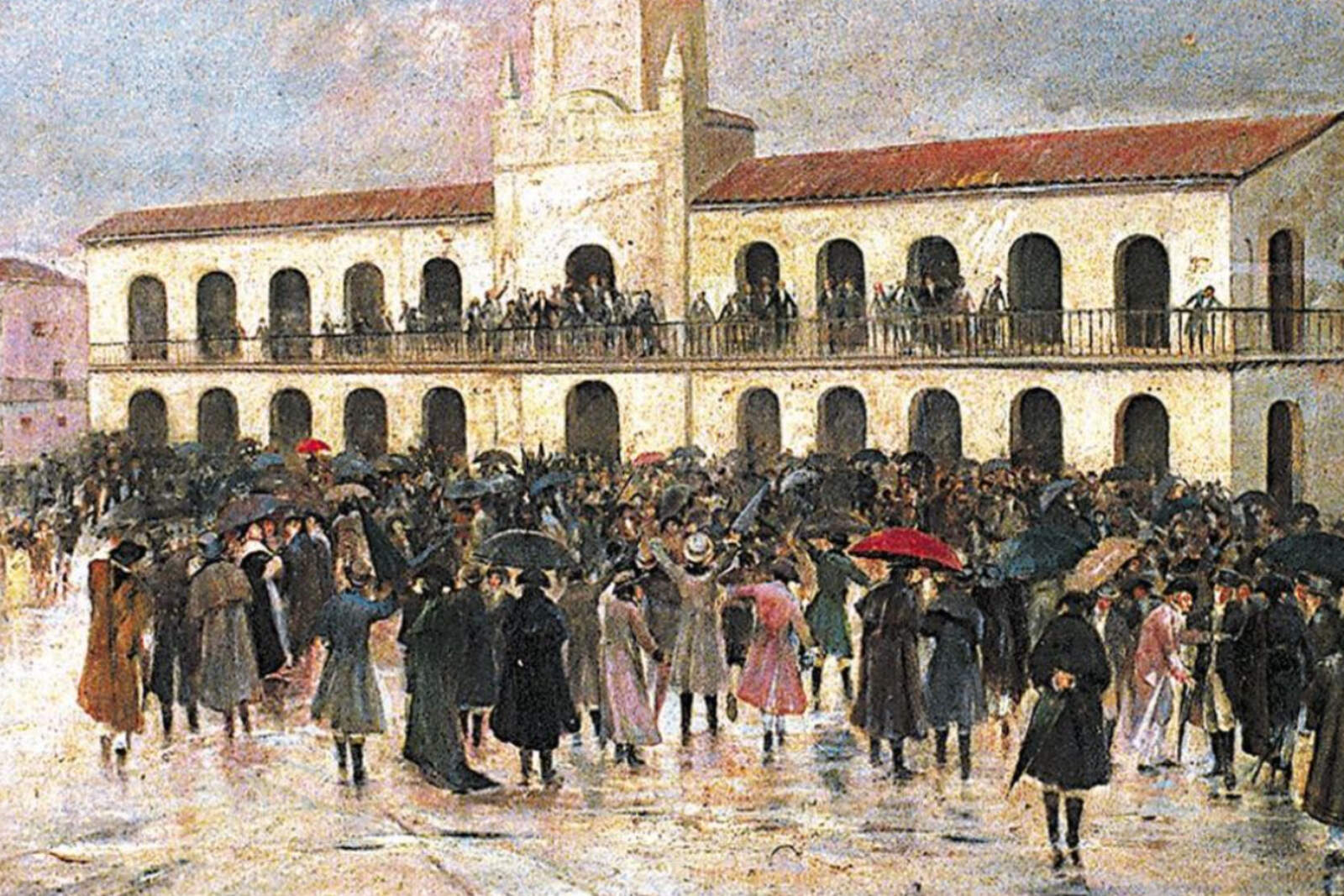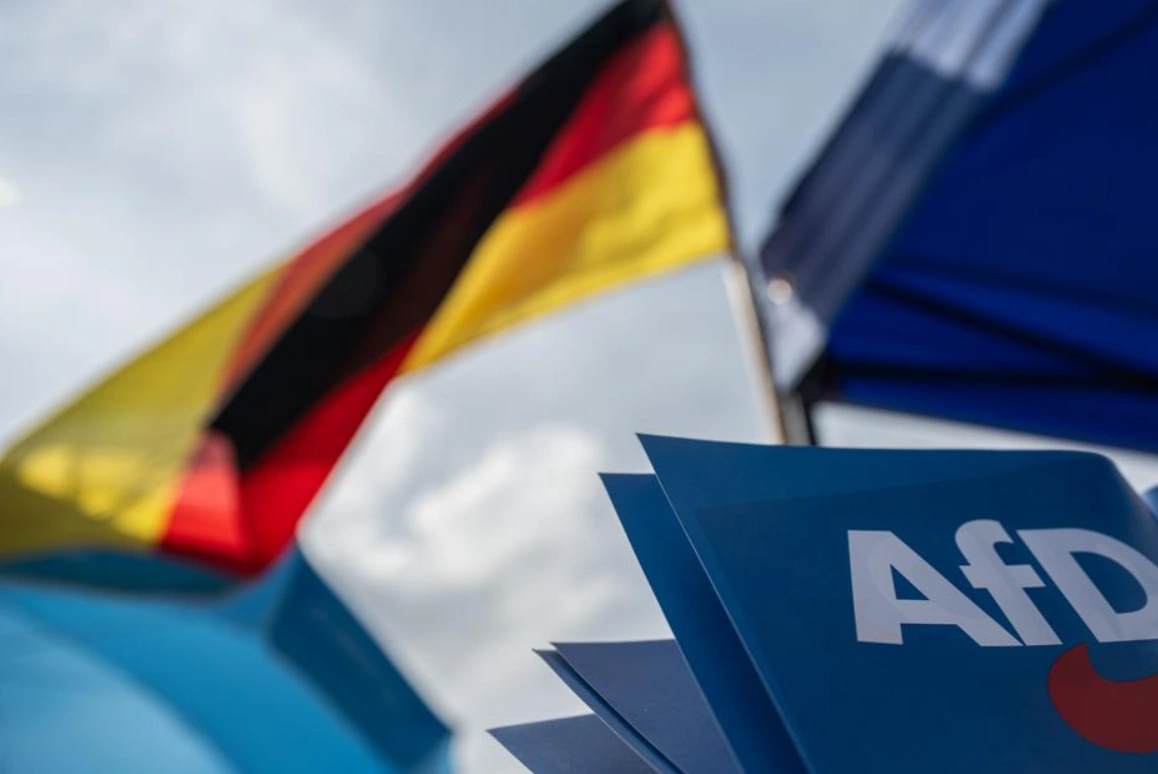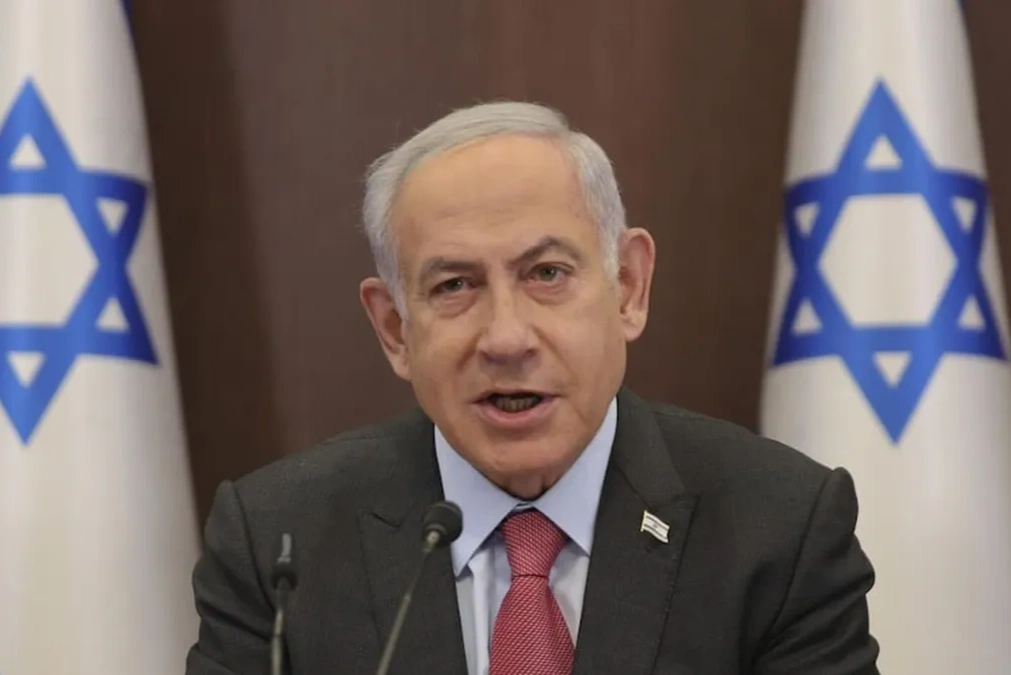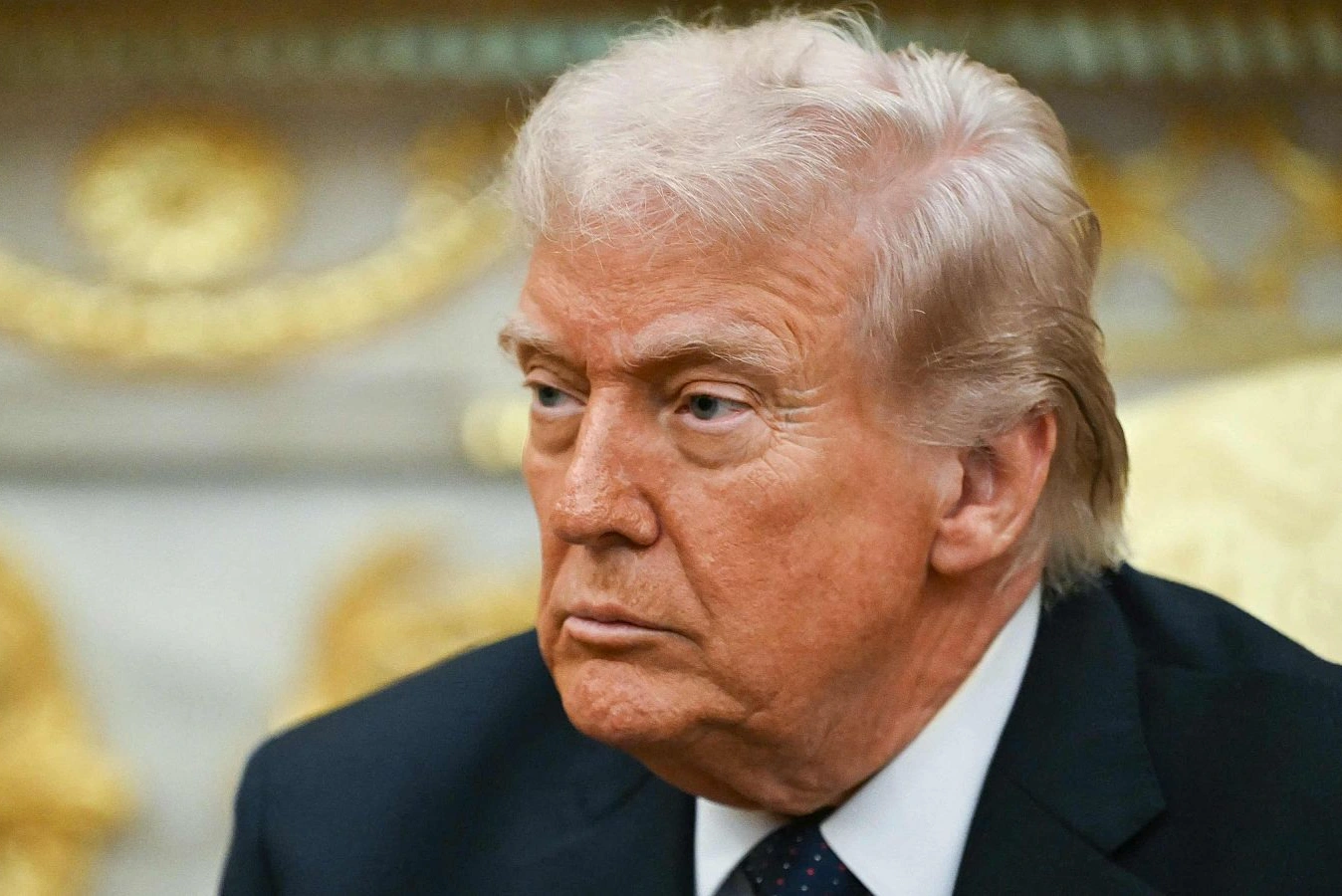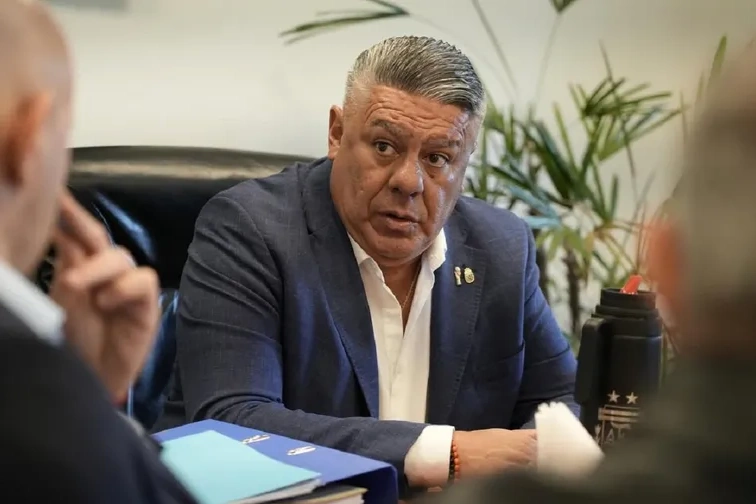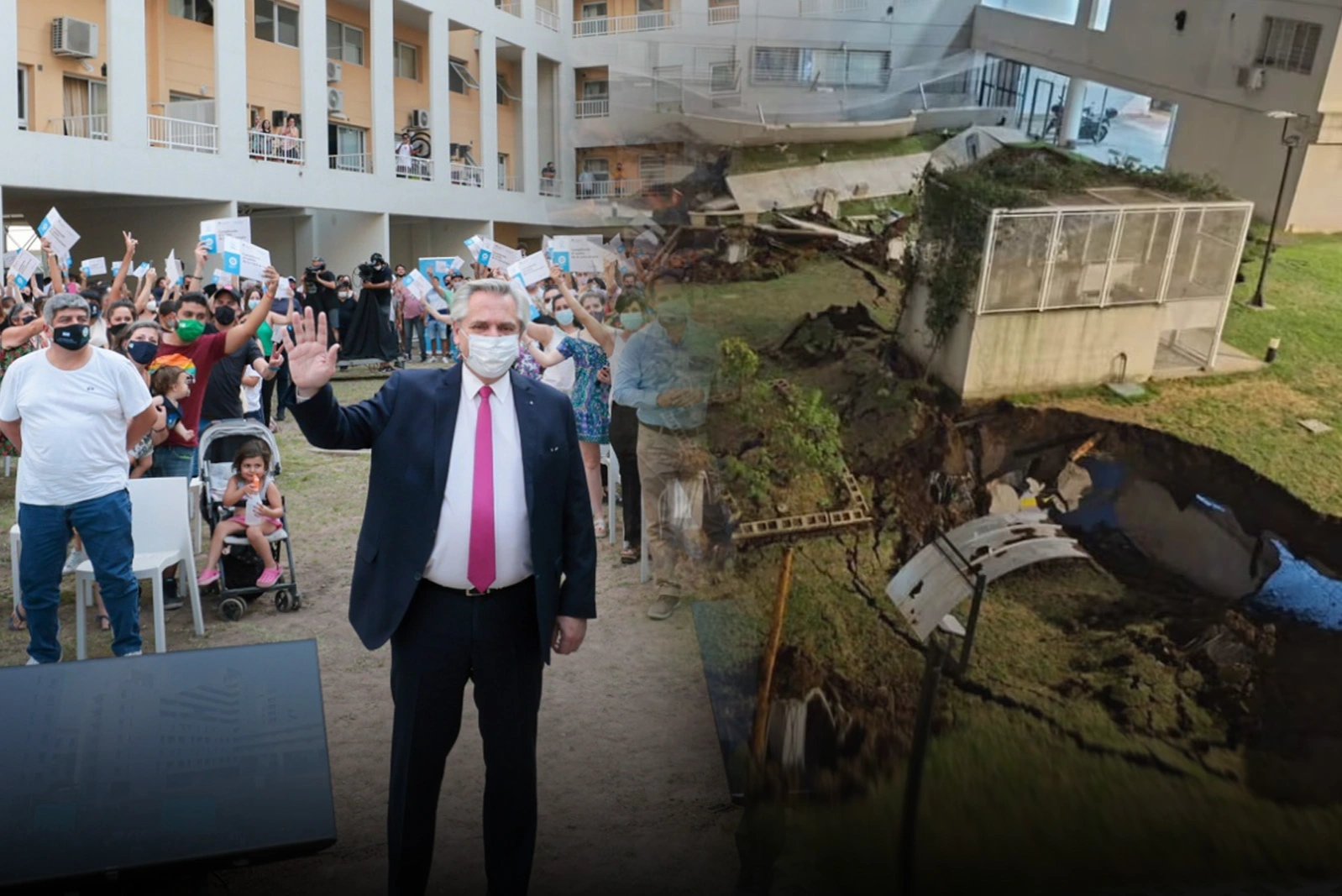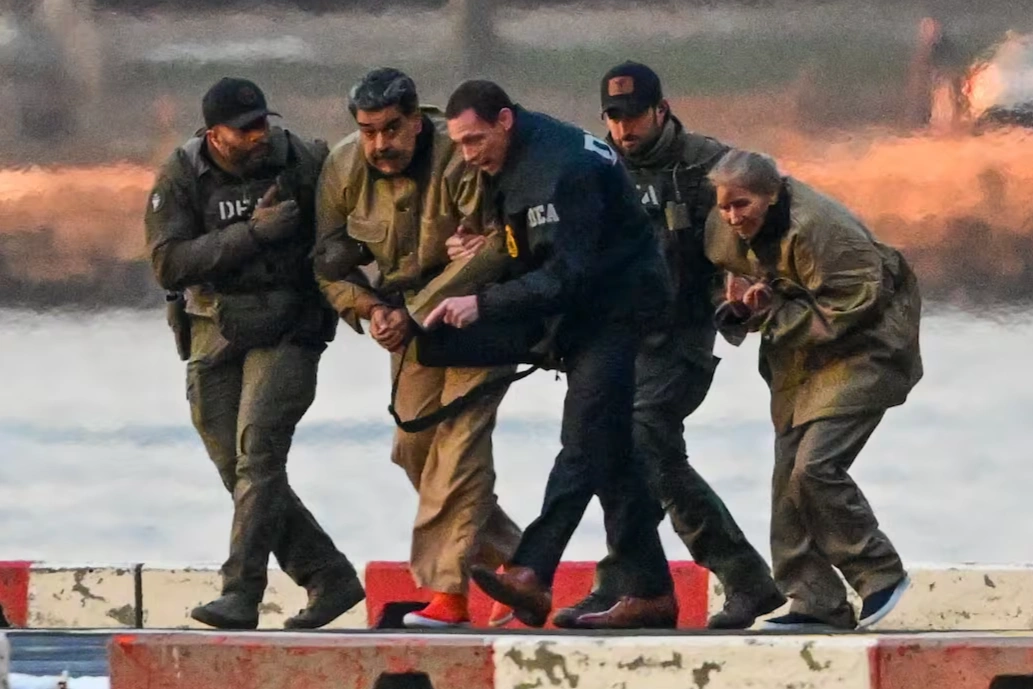That day dawned with the sky dull and rainy, like the previous one. On the 24th, the Cabildo had appointed a council of five members, presided over by Viceroy Baltasar Hidalgo de Cisneros. Faced with the scandal and opposition it caused, its members resigned that same night.
The Town Hall rejected the resignations and demanded the former viceroy to suppress: "since the Council had taken the oath, it was in charge of all public authority, and it no longer had the power to relinquish it. What some part of the people is requesting can't be accepted, for many reasons of the utmost consideration, since having placed the forces at Your Excellency's disposal, that Council is under the strict obligation to uphold its authority, taking the most active and vigorous measures to contain that discontented part. Otherwise, this Town Hall holds Your Excellency responsible for the dire consequences that any change in the resolution may cause".
Meanwhile, a heated crowd of young people headed to the Cabildo, led by Domingo French, Antonio Luis Beruti, Feliciano Chiclana, Vicente López, and Father José Grela, rebuking it for keeping the Viceroy in government and demanding his removal.
[IMAGE]{1036570}[/IMAGE]
They invaded the building's corridors and galleries, shouting frantically. As the Town Hall was meeting behind closed doors, they banged on the doors and shouted: "The people want to know what this is about". Fearful and astonished, the attorney Julián de Leiva, the mayor Juan Lezica, and the councilman Anchorena went to see what was happening. The other council members hid in the inner rooms. "What do you gentlemen want?" Leiva asked. French and the crowd shouted at him: "The removal of Cisneros!".
Then Commander Martin Rodríguez, who enjoyed the agitators' trust, came out to calm them, "assuring them that everything would be arranged as they wished", the crowd replied to his words with cheers and calmed down.
Leiva told them it was impossible to deal with "such an arduous matter with a mob of rioters; that they should appoint three or four people to deal with them calmly". Chiclana, French, Beruti, and Grela entered and made the crowd withdraw to the square.
They carried a petition to impose on the Cabildo; it had been drafted at Miguel de Azcuénaga's house, located right in front. The main revolutionary leaders were gathered there.
The paper stated: "since the Cabildo had exceeded the powers the people had given it, in the election of the Council and in the appointment of Mr. Cisneros as president with command of the arms, it was no longer enough to remove him from command: the people had resumed the powers it had conferred on the Cabildo on the 22nd by the very fact of having violated its mandate; it no longer wanted the appointed Council to subsist, and that in its place another be constituted in this form: President and commander of arms Mr. Cornelio Saavedra; members, Mr. Juan José Castelli, Mr. Manuel Belgrano, Mr. Miguel de Azcuénaga, Mr. Manuel Alberti, Mr. Domingo Matheu, Mr. Juan Larrea; and secretaries, Dr. Mariano Moreno and Mr. Juan José Passo".
[IMAGE]{1036573}[/IMAGE]
Who drafted that list? Tomás Guido and Mitre point to Beruti: "In an interval, the fiery Berutti, illuminated by one of those sudden inspirations that define a situation, took a pen and wrote several names on a paper. It was the list of the revolutionary Council, which was accepted by popular acclaim". No one asked those listed if they wanted to join it. Manuel Belgrano and Mariano Moreno found out when they had already been chosen.
Leiva doubted the scope of the movement and went out to the balcony to see the crowd. Then, French and Beruti deployed the "patriotic battalion", which due to the rain and the time (noon), only had about a hundred men. Faced with the small turnout, Leiva mocked: "Where are the people?". They told him that "they would sound the general call and open the barracks and then the Cabildo would see where the people were".
Then the council members entered into "bitter reflections... and after efforts and pleas of all kinds", Leiva called the commanders to consult them if that paper "really contained the general will of the people and the troops". He held them responsible for the consequences of the tumult. The leaders told him that, as the Cabildo had betrayed the will of the people by keeping the Viceroy, they could not support that council, because they would not be obeyed. And if they did not accede to Beruti's petition, the people and the troops would reach a "terrible fermentation".
Then, Leiva agreed to remove Cisneros, but not the other members of the Council of the 24th, because except for Juan José Castelli, they were moderate and guaranteed some tranquility. This was rejected by revolutionaries and leaders. They saw triumph within reach and there was no reason to compromise. They turned their petition into an ultimatum to the Cabildo, which had no way to resist the popular and armed force pressure.
The Cabildo admitted: "that it yielded to violence with an unending haste, to avoid the sad effects of a declared commotion and the dire consequences that loom, both from what has just been heard, and from the notorious fact of having been publicly torn down today the edicts that were posted (this act carried the death penalty) related to the election and installation of the first Council presided over by the viceroy. In view of all, it is agreed that without loss of moments a new Council be established with the same members that have been designated verbally, on loose papers and in THE Document presented by those WHO HAVE TAKEN THE VOICE OF THE PEOPLE, archiving those papers and that document for record at all times".
Tomás Guido recalls: "The crowd did not leave the square, corridors, rooms of the old cabildo, until the agreement was announced, and the new council was proclaimed".

